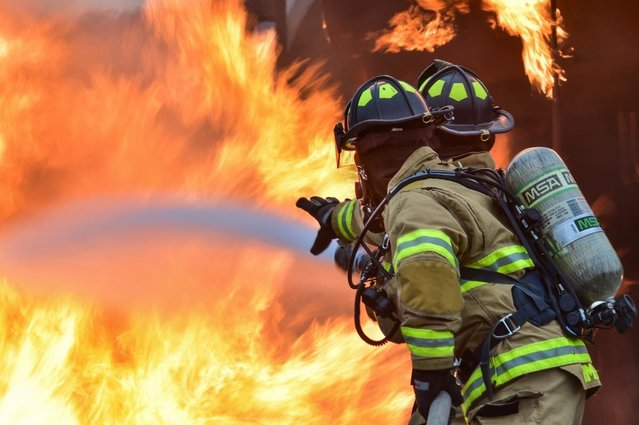
What Causes House Fires?
Although water damage claims are now the leading cause of home insurance claims in some parts of Canada, fires remain near the top of the list, causing significant damage to homes or reducing homes to ashes. Fires can start in the home in a seemingly uncountable number of ways, but some causes are more common than others.
We’ve gathered a list of the most common home fire causes and tips to protect your home and keep you and your loved ones safe.
1. Cooking Mishaps
It should come as no surprise that cooking is a leading cause of house fires throughout Canada. The kitchen isn’t the only culprit though, with barbecue mishaps also common during warm weather months. Stay attentive when cooking, particularly if using oils, and keep the cooking area clear of clutter and flammable items such as papers and cooking mitts. Also, avoid wearing loose-fitting clothing that can drift near the flame.
2. Heaters and Heating Systems
Portable heaters are another common cause of house fires in Canada. When the weather turns cold, it can be tempting to warm the room with a space heater. Always exercise caution by keeping the heater away from anything flammable and by ensuring that the heater is properly maintained.
Fireplaces are another common starting point for house fires. Keeping your fireplace chimney clean can help reduce the risk of fires in the fireplace that are much bigger than you intended. Also, keep the fireplace damper open until all the ashes are cool.
3. Cigarettes or Cigars
Smoking can be hazardous to your health in more ways than one and remains one of the leading causes of house fires in Canada. Be sure all butts are properly extinguished and, of course, avoid smoking when you might fall asleep with a lit cigarette or cigar.
4. Electrical Fires
Older homes or homes with overloaded circuits may be more susceptible to electrical fires. If you find yourself frequently making trips to the fuse box or circuit breaker with a flashlight, it’s best to find the source of the problem before the problem causes a fire. Also look for frayed power cords and avoid drawing too much power from one circuit. Light circuits that are hot to the touch or lights that flicker on and off may indicate improper wiring or damaged wiring.
5. Candles
Candles can be beautiful and are especially popular around the holidays. But, as you might guess, candles are also a common cause of house fires. When burning candles, always keep the candle at the center of the table and in a low traffic area where the candle is less likely to be knocked over. Also, if you think you might fall asleep, take a moment to extinguish the candle first.
6. Smoke Detectors and Fire Extinguishers
A working smoke detector is your first line of defense against a house fire. Smoke detectors should be placed on every level of your home and each detector should be tested monthly. Experts recommend that batteries be changed twice per year even if the detector is still working. Similarly, fire extinguishers should be in several places throughout your home, particularly near fire sources like the kitchen. A fire extinguisher is always preferable to water when extinguishing a small fire in your home. Electrical fires should never be put out with water due to the risk of electric shock.